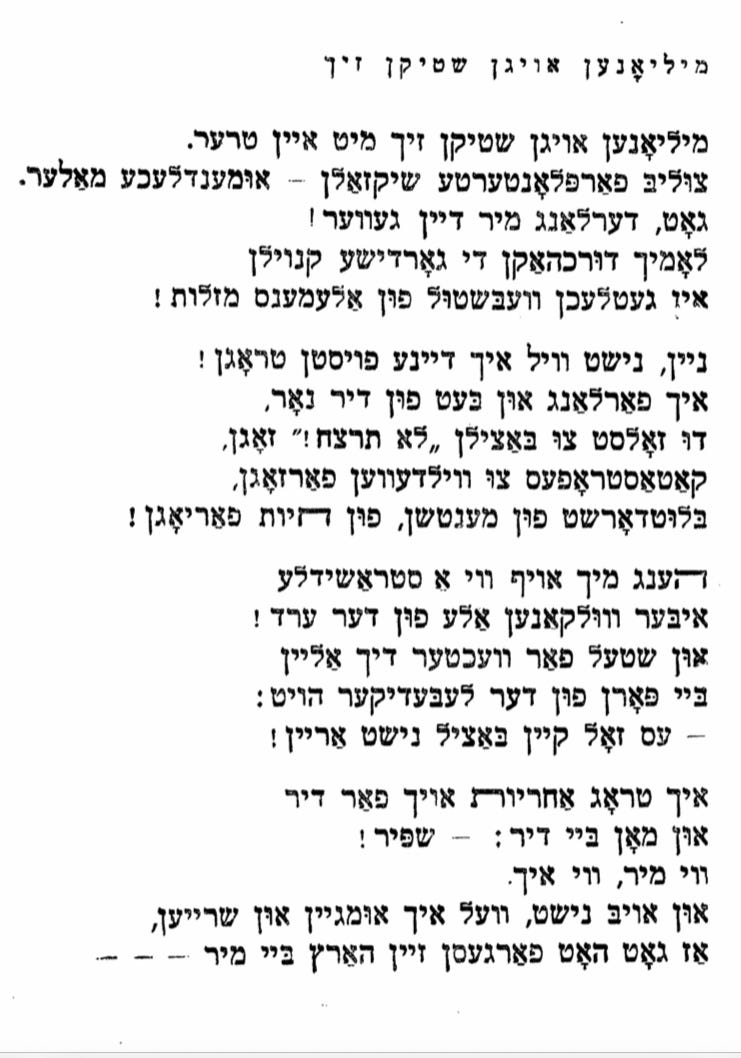Mid-February, with an inch of dry snow on the ground, I walked back from morning barn chores, past the stone patio and frozen patio furniture, and heard the satisfying bite of my boots in the cold snow, and surprised myself with a renegade thought (if you know me, you know how much I’ve hated winters): What’s so bad about this? I was warm in my jacket, gloves and hat, I was dry, there were no bugs, better yet, no ticks. And the sun was well on its way here.
Back in, I found one of the many long legal yellow pads I keep lying around the house and wrote: So what’s so bad about February, when March is coming, or March when April, April when May. Is it really sweaty sweet June we want?
This newfound patience, I thought, might be wisdom, finally, and had everything to do with age.
Late that evening, still in this appreciative mode, I paused to notice the cold clarity of the sky, billions of stars in their million constellations (IRL there are only 88 that we know of). Inside, my partner was warm and cozy in front of the tv, missing out on this privilege of experiencing this starry night. I wouldn’t have been out there either if not for the ponies, their daily nightcheck before I go to bed. It is also the pony with chronic Lyme that is one source of my latest heartache.
Weather isn’t the point of this essay, fate is, getting along with it rather than raging against it.
I’m talking about acceptance (or resignation or submission) when things aren’t going your way, or people are behaving badly, especially when these experiences are not in your control. I have made myself miserable thrashing against what I can’t change. To get away from my rage, I take long walks, a hike in nearby fields. On my way back from a hike last week, I inhaled deeply to locate myself in the moment, to breathe, opened my arms wide to stretch, to open my chest, my heart, and understood how tense, how folded inward I’d been.
Ok, I said to the moist breeze, to the trees, to the roadside stream sounding too happily like spring, to no one really. Go ahead, I said, addressing fate, Give it to me, which reminded me of a late mentor’s fondness for the 1967 Rowan and Martin Laugh-in show and its refrain “sock it to me.” Laughing at things, at people, at authority helps. Maybe laughing at life, allowing yourself to be amused by all the contortions, the useless attempts at control, is the only remedy, that old saw, best medicine.
Then I read some poems by the renowned 20th century Jewish theologian Abraham J. Heschel that raged against disaster. (I’m grateful to Daniel Kraft for bringing this work and source to my attention. I had no idea Heschel wrote poetry!) In the final lines of “A Million Eyes Choke,” (my translation) the speaker commands God to feel, and if He refuses, the speaker threatens to out him for abandoning His heart. The scolding voice, the argument with God on behalf of human life, is surprising given who Heschel was. Of course, Heschel and the speaker are not one, shouldn’t be conflated, still.
Heschel’s poem arrived as a gift on a difficult day. Here’s my translation of the passage mentioned. I’m still working on the first three stanzas. This is not the easiest poem to translate with its old Yiddish vocabulary, but also words that aren’t Yiddish.
I take responsibility for you too
And demand of you— feel!
As we do, as I do
If not, I will go about and shout
That God has left His heart with me.






Beautiful piece